In Web3, brands don’t just tell stories—they co-author them with the community, turning passive consumers into active collaborators. This shift from control to co-creation is rewriting the rules of engagement.
The Web3 space is filled with several devs doing the amazing work of building out this tech and driving the future of what’s possible. With the space still evolving, developers can’t just code—they must also grasp the cultural and economic forces shaping the space. Beyond writing smart contracts, they need to understand community incentives, tokenomics, and the narratives that drive adoption.
Web3 does not just change transactions—it rewires trust. Without intermediaries, marketing must shift from persuasion to participation. Devs and startups cannot rely on ads; they must design experiences where users want to engage, own, and advocate.
Web3’s peculiarity means that devs have to refer to marketing strategies that align with Web3’s pillars and demonstrate an understanding of user behaviors on the decentralized web.
Web2 marketing is a megaphone; Web3 is a group chat. Instead of shouting through centralized platforms like Instagram or Google Ads, Web3 thrives in decentralized spaces where users choose to gather—Discord servers, DAO forums, and on-chain communities.
Take Nouns DAO for example. It auctions a single NFT, and holders collectively decide how to spend its treasury (funding everything from art to startups), making it a living, community-owned entity.
In Web3, your audience is your team. Forget ‘buyers’—think co-builders. The most successful projects did not just sell products; they empowered communities that in-turn shaped their future. Instead of targeting audiences with optimized ads, projects must spark movements that people want to join.
Immerse yourself in Web3 by joining a DAO, following builders on Twitter (X), and contributing to a grant project—this is how you truly understand community dynamics. Try to understand the underlying missions and reasons that brought people to Web3, and keep them around. And, at a time like now, when the markets have not been the most inflated, you will learn a lot about the space and what makes it tick beyond the opportunity for speculation.
There are several DAOs that are not just funding public goods but also, importantly, they are experimenting with incentive mechanisms, token protocols, and decision making. For example, Gitcoin’s Grants Stack lets communities allocate funds via quadratic voting—a model that values collective consensus over individual wealth.
So ask yourself: Is your brand ready to share the pen—not just with users, but with owners, advocates, and co-authors?

